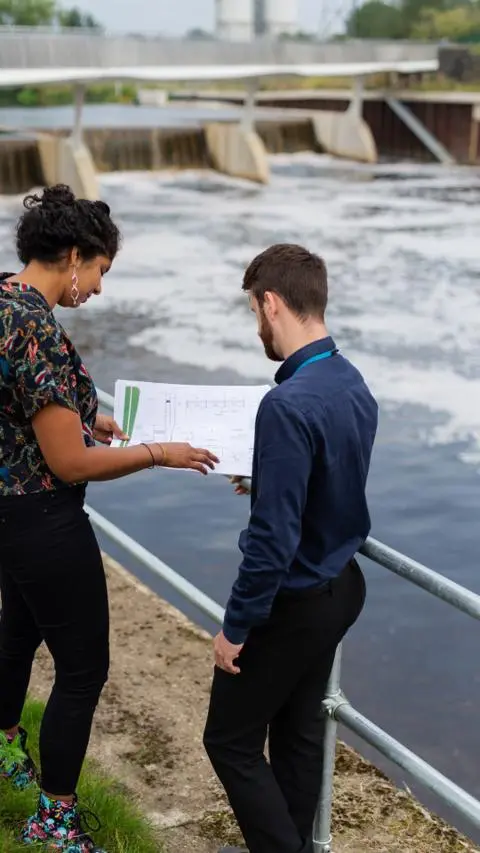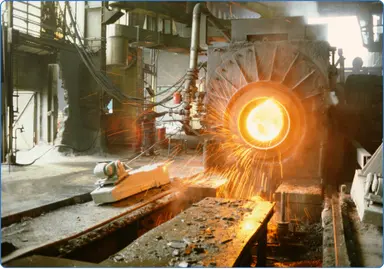Chemical Dosing Systems: Enhancing Water Treatment Efficiency Across Industries
Chemical dosing systems play a vital role in water treatment processes, ensuring precise addition of chemicals to achieve desired water quality. From controlling pH levels and preventing scaling to removing impurities and neutralizing contaminants, these systems are indispensable in various industrial and municipal applications. The automation and precision offered by chemical dosing systems minimize waste, optimize operational efficiency, and contribute to environmental sustainability.
Applications of Chemical Dosing Systems
- Municipal Water Treatment: Used to disinfect drinking water, adjust pH levels, and control turbidity.
- Industrial Water Treatment: Prevents scaling and corrosion in boilers and cooling towers, and optimizes water quality in manufacturing processes.
- Wastewater Treatment: Neutralizes acidic or alkaline wastewater, aids in flocculation and coagulation, and ensures compliance with discharge regulations.
- Desalination Plants: Controls scaling and biofouling in reverse osmosis systems to maintain efficiency.
Key Components of Chemical Dosing Systems

Chemical Storage Tanks
Safely store dosing chemicals such as chlorine, coagulants, or antiscalants.

Dosing Pumps
Ensure precise delivery of chemicals at the required flow rate and pressure.

Mixing Chambers
Facilitate thorough mixing of chemicals with water to achieve uniform distribution.

Flow Meters and Sensors
Monitor flow rates, pH levels, and other critical parameters to adjust dosing as needed.
How Chemical Dosing Systems Work
- Storage and Preparation: Chemicals are stored in designated tanks and, if necessary, diluted to appropriate concentrations.
- Measurement and Dispensing: Pumps accurately dispense chemicals into the water system based on pre-set parameters or sensor feedback.
- Monitoring and Adjustment: Real-time data from sensors enables automatic adjustments to maintain optimal chemical concentrations.
Advantages of Chemical Dosing Systems
- Precision: Minimizes chemical overuse and ensures consistent water quality.
- Efficiency: Reduces operational costs by optimizing chemical usage and minimizing waste.
- Safety: Automates dosing, reducing risks associated with manual handling of hazardous chemicals.
- Scalability: Adaptable to small-scale municipal plants or large industrial facilities.
- Environmental Compliance: Helps industries meet stringent environmental regulations by effectively treating water before discharge.
Technological Advancements in Chemical Dosing
- Smart Dosing Systems: Incorporate IoT sensors and AI algorithms to predict chemical needs and optimize dosing schedules.
- Energy-Efficient Pumps: Use variable speed technology to reduce energy consumption without compromising accuracy.
- Corrosion-Resistant Materials: Enhance durability when handling aggressive chemicals.
- Remote Monitoring: Allow operators to track system performance and make adjustments from off-site locations.
Real-Life Applications
- A textile processing facility reduced chemical costs by 20% using automated dosing systems to control pH and remove impurities.
- In a power plant, chemical dosing ensured consistent boiler water quality, preventing scale formation and reducing maintenance downtime.
Challenges and Solutions in Chemical Dosing
- Clogging and Scaling: Regular maintenance and the use of high-quality chemicals can prevent system blockages.
- Accuracy Issues: Calibration of sensors and pumps ensures precise dosing.
- Corrosion: Using corrosion-resistant materials extends system life.